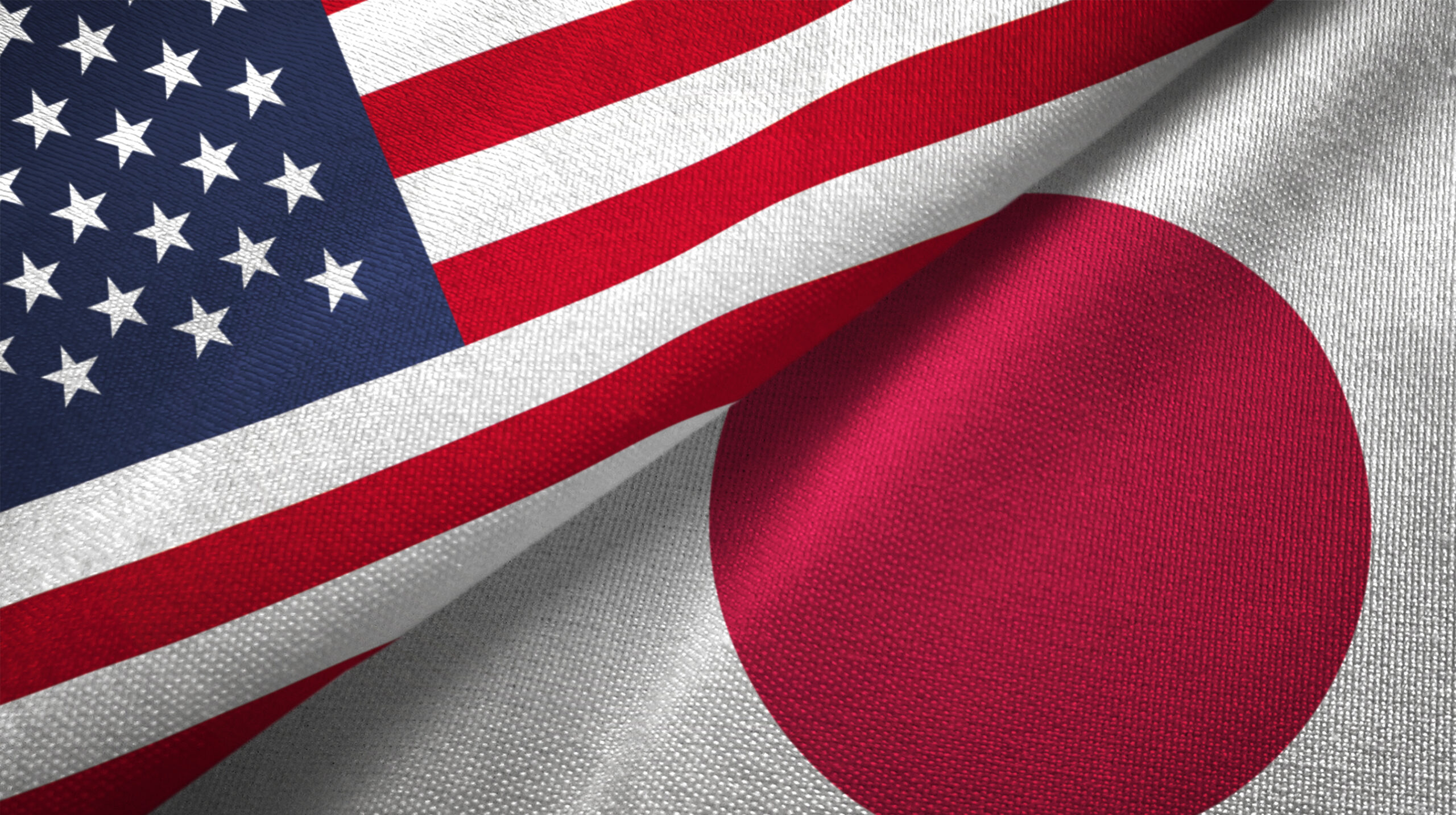
Tokyo – In a groundbreaking announcement poised to reshape the global tech landscape, Japan and the United States have declared an unprecedented level of cooperation in cutting-edge technologies, including artificial intelligence (AI) and semiconductors. This historic partnership, set to be formally unveiled during Prime Minister Fumio Kishida’s official visit to the U.S. on April 10th, marks a significant milestone in the two nations’ longstanding alliance.
The visit, which comes at the invitation of President Joe Biden, is more than a ceremonial gesture. It is a testament to the strategic pivot both nations are taking towards securing technological supremacy in an increasingly digital and interconnected world. The joint statement, referred to as a “global partnership,” underscores a shared commitment to leading the AI revolution and semiconductor innovation.
In recent years, the importance of AI and semiconductors has transcended beyond mere technological advancements, becoming synonymous with national security, economic prosperity, and global influence. The Japan-U.S. collaboration is not just an agreement but a declaration of their unified vision for a future where technology serves as a pillar of peace, stability, and prosperity.
The U.S.-Japan alliance, often characterized by its military and economic dimensions, is evolving. With digital technology now at the forefront of global competitiveness, Tokyo and Washington are leveraging their historic ties to address new challenges and opportunities. This cooperation is a strategic move against the backdrop of increasing technological competition and geopolitical tensions, particularly with China’s rapid advancements in AI and other technologies.
Details of the Cooperation
- Artificial Intelligence (AI): A commitment to lead in AI research, development, and ethics, ensuring the benefits of AI advancements are realized globally while addressing concerns over privacy and security.
- Semiconductors: Collaborating to secure supply chains and advance semiconductor technology, critical for everything from smartphones to defense systems.
Planned Framework for AI Research and Development
| Participants | Objectives | Expected Outcomes |
|---|---|---|
| Japan, U.S., Nvidia, Arm, Amazon | Joint R&D, Security Enhancements, Economic Benefits | Technological advances, Strengthened national security |
This strategic alliance is poised to redefine the global tech landscape, signaling a new era of cooperation that goes beyond traditional diplomatic and economic engagements. The partnership is a clear message to rivals and allies alike that the U.S. and Japan are committed to maintaining their technological edge and are prepared to collaborate closely to ensure their vision for the future of technology and security is realized.
Moreover, this cooperation comes at a crucial time when the U.S. has intensified efforts to limit China’s access to advanced AI chips and technology, aiming to curb Beijing’s military modernization and influence in the tech sector. The Japan-U.S. partnership, therefore, is not merely bilateral but has far-reaching implications for global tech leadership and security.
Experts from various sectors have hailed the announcement as a significant step forward. “This is more than an agreement; it’s a strategic maneuver in the global tech race,” says Dr. Aiko Tanaka, a professor of international relations and technology policy. “By combining their strengths, Japan and the U.S. are not just aiming to lead in technology but are setting the standards for its use and development worldwide.”
However, challenges remain, including navigating complex supply chains, addressing cybersecurity threats, and ensuring equitable access to the benefits of these technologies. The partnership’s success will largely depend on its ability to foster innovation while addressing these critical issues.
As Prime Minister Kishida’s visit to the U.S. approaches, the world watches closely. The Japan-U.S. tech alliance is more than a bilateral agreement; it’s a cornerstone of a new global order in technology and security. By pledging cooperation in AI and semiconductors, the two nations are not just securing their own interests but are laying the groundwork for a future where technology enhances global peace, stability, and prosperity.
Related News:
Featured Image courtesy of Defense News
